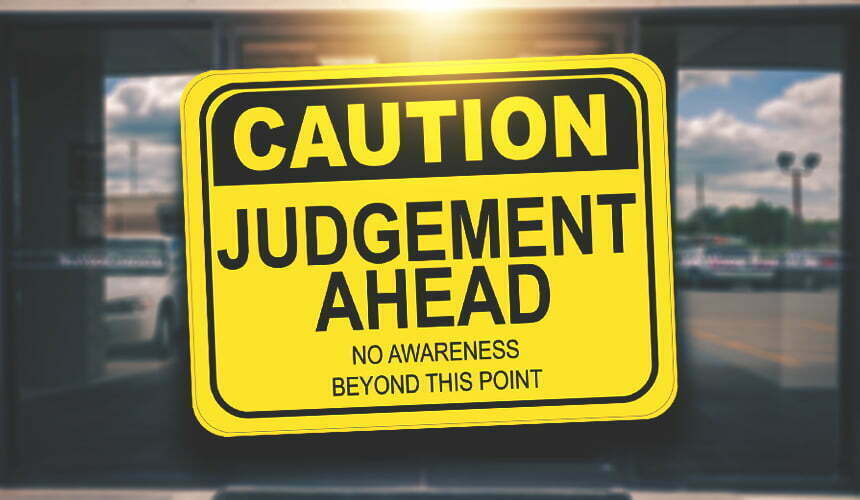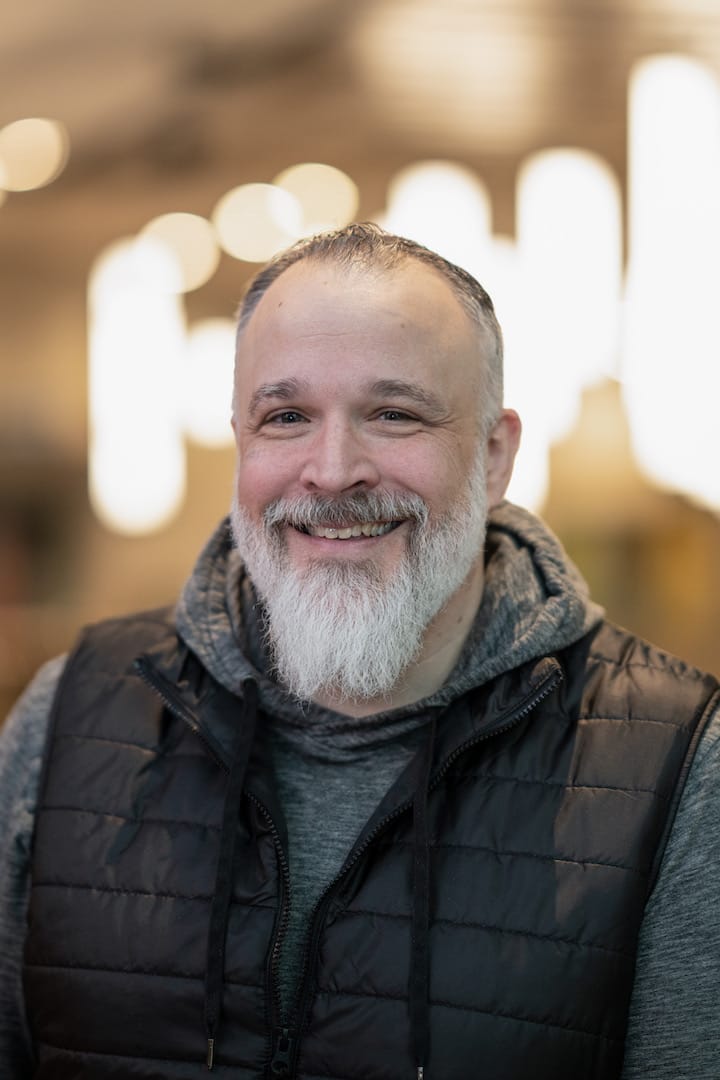

There is a clear path toward the solution and the ideal landing spot. Unfortunately, there typically aren’t many shortcuts on this path.
To take a step past being isolated one must be willing to take a step forward to the part of the path of being judged. Being judged at some levels sounds worse than being isolated. It can be a dangerous place if not tackled with intentionality. It is a necessary step forward on the path. Being judged and judging, like being isolated, is a two-way street.
It is a step into a place of vulnerability.
Largely the worldview of disability is very negative. The word disability itself means to be without ability. Talk about negative!
History has feed humanity the narrative that disability is bad and should be avoided and eliminated if possible. Hitler handed down orders that the first people to be eliminated as part of the final solution was people with disabilities. Today babies pre-screened for Down syndrome are aborted somewhere between 60-90% depending on what part of the world you live in.
People with disabilities were even judged negatively by the disciples of Jesus. They believed that people with disabilities were being punished by God because either they or their parents were sinners (John 9).
So, it is easy to see why taking an intentional step out of isolation and towards a place of being judged is a frightening proposition.
Many from the disability community have given up on the church because they feel that the church has given up on them. Negative experiences of being told by a staff member or volunteer at a church that they are not welcome often results in a retreat backward on the path landing them in isolation again.
People in the disability community can end up judging the church in a negative light and for valid reasons.
The idea of trying church again can be terrifying. Trust must be rebuilt by the church. Often it requires the church reaching beyond the walls of the church and into the disability community. The local church must heed the words of Jesus when he says “go” (Matthew 28) and “go out quickly” (Luke 14). The church must “go” and rebuild the trust that has been broken. Before doing so the church must work on reversing the negative narrative that exists around disability.
Judging is what people do. In today’s day and age of social media where everyone has an opinion and has been empowered to share it people must be careful.
The church must view people with disabilities as God views them and stop judging negatively.
People affected by disability must not allow past negative experiences with a few churches cause them to judge all churches negatively.
Luke 6:37 says, “If you do not judge other people, then you will not be judged. If you do not find others guilty, then you will not be found guilty. Forgive, and you will be forgiven.”
The only way to move past the part of the path of being judged requires people to be vulnerable and to be present. You cannot move past something without being taking a risk and being present in it first.
The ministry of presence, or being present, is a real thing.
The church must be present in the disability community to help reverse any negative narrative that exists. People from the disability community must be present in the church to allow relationships to develop so the negative narrative that exists can be overturned. People must be given the opportunity to see that they are more alike than different.
The negative judging cannot be overcome without presence. Presence takes time and courage. Presence is risky. Presence is worth it.
The roadblock at this stage for people affected by disability is forgiveness. While being present in the church people who have been hurt will eventually have a decision to make. To forgive and decide to assume the best in the church or to continue to harbor a stance of unforgiveness. Turning over this burden of hurt to God and forgiving the church is a must if people affected by disability will move beyond this stage.
The roadblock at this stage for the church lack of awareness. The church doesn’t know what it doesn’t know. Until awareness is raised within the church leadership and congregation negative attitudes cannot be removed. Awareness opens the door to the church correcting the wrongs that have been done whether intentionally or not. Awareness opens the door toward forgiveness and action. Awareness will prompt the church to leave its walls and to go into the community to promote healing and the rebuilding of trust.
The key to overcoming the roadblocks of this stage is a change of heart by both people affected by disability and the church.


